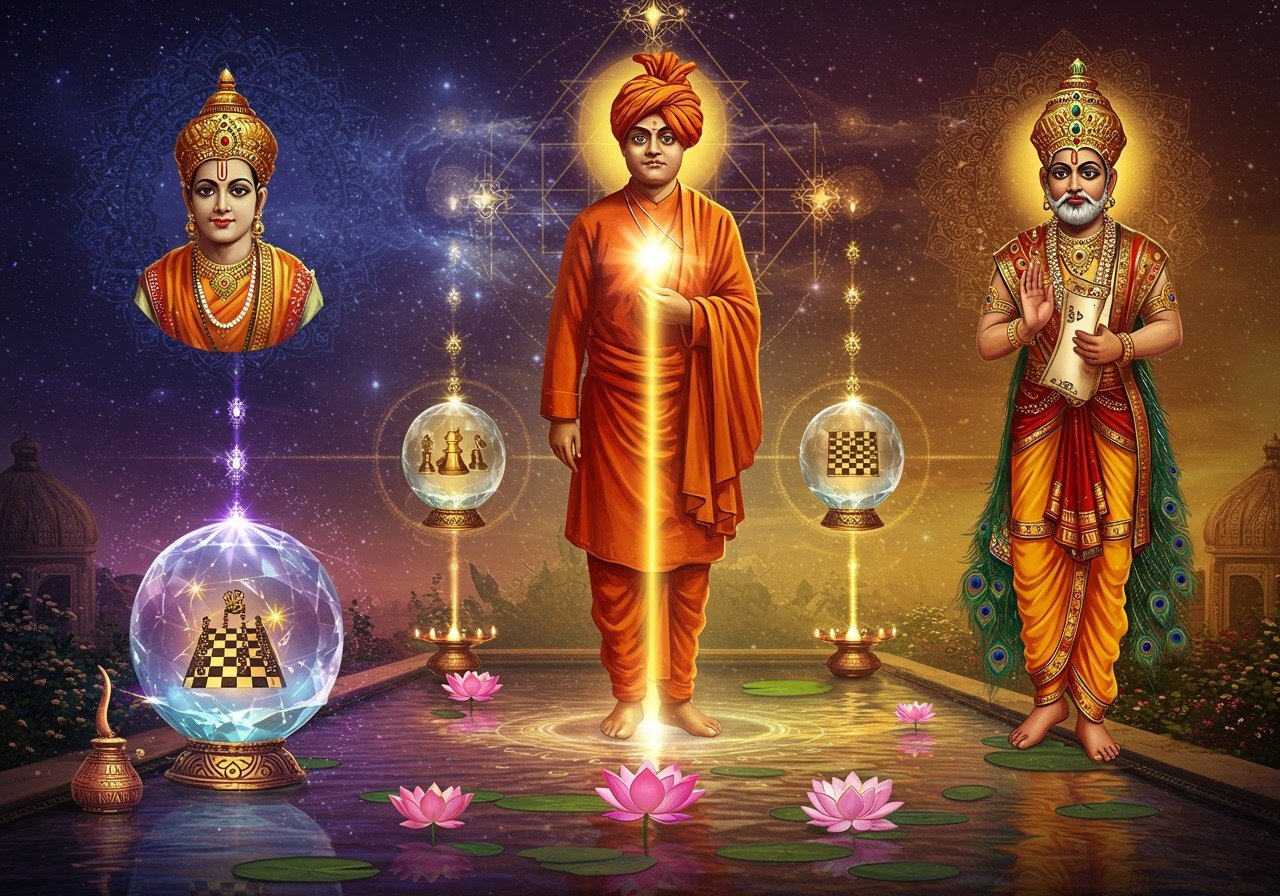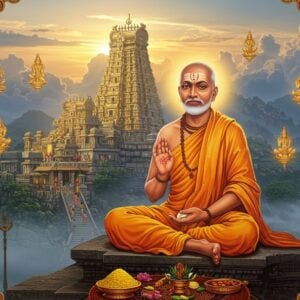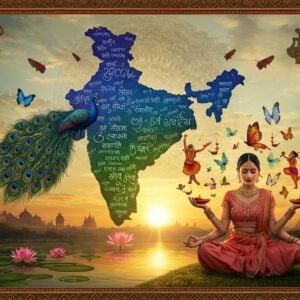Exploring Ancient Indian Philosophy: A 2025 Perspective

Ancient Indian philosophy is a rich and diverse field, encompassing various systems and traditions that developed on the Indian subcontinent. These explore reality, knowledge, ethics, and existence, often categorized as orthodox (Astika) and unorthodox (Nastika) schools. This exploration offers valuable insights for those seeking deeper meaning and purpose in 2025.
Key Concepts
- Atman (Self or Soul): Central to most Indian philosophies (except Charvaka) is the concept of Atman, inviting individuals to explore their true essence and understand their place within the universe. This concept encourages self-discovery and introspection.
- Karma: This concept highlights the moral weight of human actions, shaping ethical behavior by emphasizing that our choices have consequences. Understanding karma encourages mindful living.
- Moksha (Liberation): The ultimate goal in many systems is liberation from the cycle of rebirth, representing freedom and enlightenment. This pursuit of Moksha guides spiritual practices and inspires self-improvement.
Orthodox (Astika) Schools
These schools accept the Vedas as authoritative:
- Nyaya: This school emphasizes logic and direct realism, using reason as a path to truth. Gautama, its founder, championed clear reasoning and critical thinking.
- Vaisheshika: Focusing on atomism and naturalism, Vaisheshika proposes that all matter is composed of atoms, a concept that laid a foundation for scientific thought. This school delves into the fundamental building blocks of reality.
- Samkhya: This dualistic school posits that both matter and individual souls are real, encouraging an understanding of the interplay between the physical and spiritual realms. Samkhya provides a framework for understanding consciousness and existence.
- Yoga: Combining Samkhya’s metaphysics with meditation and breathwork, Yoga offers a practical approach to spiritual liberation. It provides tools for self-discovery and inner peace. At poojn.in, we provide a wide variety of products related to yoga and meditation. Explore our collection today.
- Purva-Mimamsa (Mimamsa): Focused on rituals and religious obligations, Mimamsa justifies faith through practice. This school emphasizes the importance of tradition and ceremony.
- Vedanta: Primarily embracing non-dualism, Vedanta proposes that Brahma is the ultimate reality, while everything else is Maya (illusion). Badarayana is its founder. Vedanta delves into the nature of reality and the illusion of separateness.
Unorthodox (Nastika) Schools
These schools do not accept Vedic authority:
- Buddhism: Founded by Gautama Buddha, Buddhism offers unique perspectives on reality and liberation, emphasizing the Four Noble Truths as a path to overcoming suffering. Buddhist philosophy provides a framework for ethical living and mindfulness. Poojn.in offers a wide selection of items for Buddhist practices. Discover our Buddhist collection today.
- Jainism: Jainism emphasizes non-violence (Ahimsa) and spiritual purity, with notable figures like Parshvanatha and Mahavira guiding its principles. This philosophy encourages ethical conduct and compassion for all beings.
- Charvaka: This materialist school values direct perception and empiricism, rejecting ritualism and supernatural beliefs. Charvaka philosophy emphasizes the importance of sensory experience and observation.
Historical Periods
- Prelogical (to the beginning of the Common Era): This period laid the groundwork for later philosophical developments, focusing on foundational concepts and inquiries.
- Logical (1st–11th century CE): This era saw the formalization of many philosophical schools, with a strong emphasis on reason and logical analysis.
- Ultralogical (11th–18th century): This period further refined and expanded on earlier philosophical ideas, exploring more complex and nuanced concepts. Learn more about ancient scriptures from this period at poojn.in. Dive deeper into Hindu scriptures.
The main schools of Indian philosophy were formalized between 500 BCE and the later centuries of the Common Era. Poojn.in offers a variety of resources to help you deepen your understanding of these philosophies. Explore our collection of holy books and related items.
Embrace the wisdom of ancient Indian philosophies, and embark on a journey of self-discovery. Visit Poojn.in to find resources and products that support your exploration.


